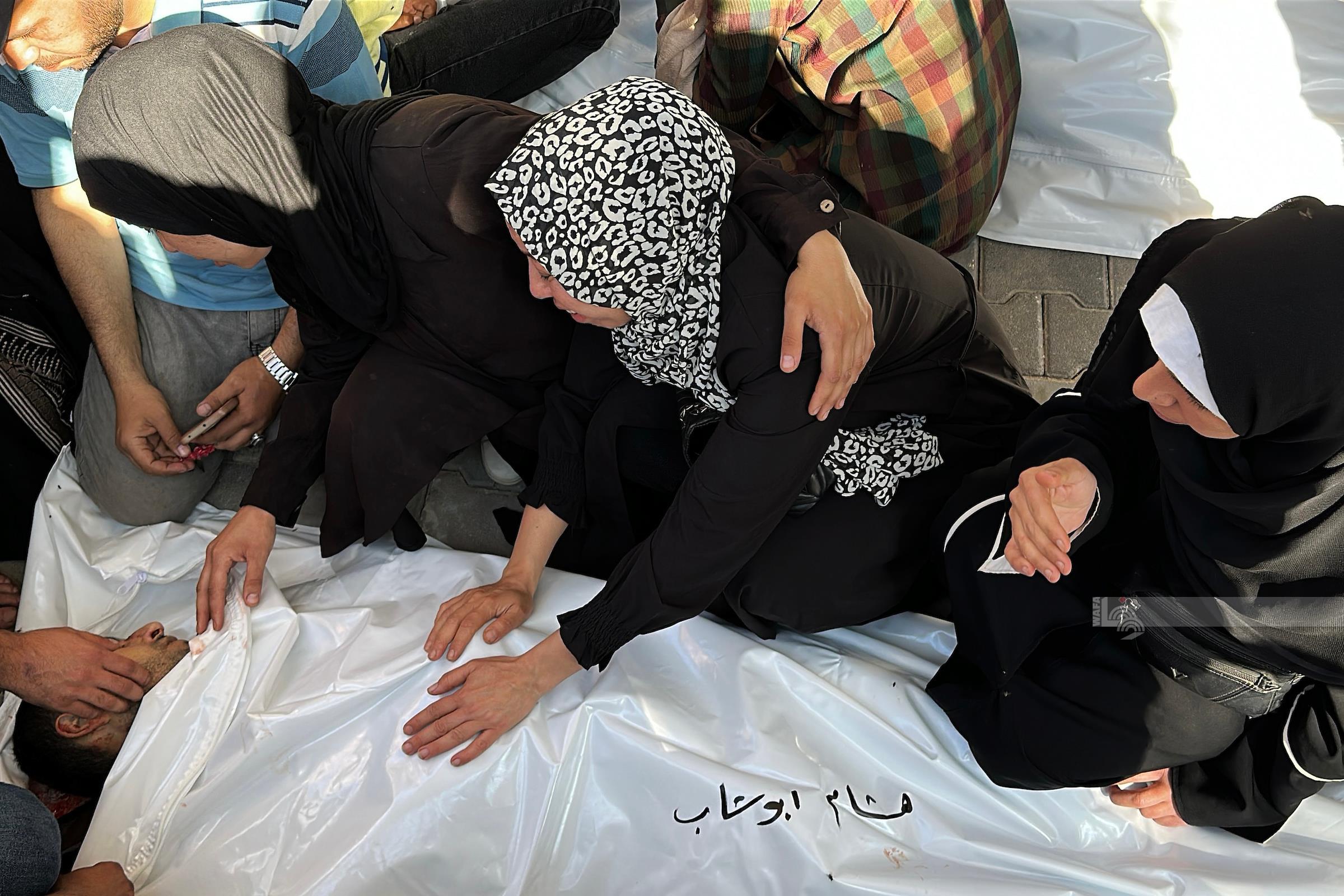MADRID, November 1, 2025 (WAFA) – The advisory board of the International Olive Council has urged the international community to hold Israel, the occupying power, accountable for its ongoing attacks on Palestinian olive trees and to compensate farmers for their losses, according to a statement released Friday.
The call came during the council’s 65th advisory board meeting in Madrid, Spain, attended by representatives from 18 olive-producing and consuming countries across the world, including Palestine, which was represented via video conference by Fayad Fayad, director-general of the Palestinian Olive and Olive Oil Council.
The meeting reaffirmed one of the council’s core principles: defending the olive tree and ensuring its protection globally. Members emphasized that support for olive trees and olive oil production should not discriminate based on origin or source, with quality being the only acceptable standard. They warned that spreading misinformation or creating division undermines the unity of the global olive sector.
Abdel Salam Al-Wad, chair of the council’s advisory board, shed the light on the daily attacks on olive trees in Palestinian territories, including uprooting and preventing farmers from accessing their lands to harvest olives. He expressed the board’s solidarity with Palestinian farmers and called on the international community to take responsibility for these violations.
Fayad detailed the situation of the olive sector in Palestine, noting that Israeli authorities have carried out a systematic plan to destroy olive trees. Since 1967, approximately one million trees have been destroyed in the West Bank. Between 2010 and September 2025, Israel destroyed 250,274 olive trees, and from October 2023 to the present, 56,077 trees have been lost.
He cited the village of Al-Mughayer in the Ramallah and Al-Bireh governorate, where in a single day in August, Israeli forces destroyed 10,000 olive trees and reduced the village’s cultivated area from around 25,000 dunums, mostly planted with olives, to less than 1,000 dunams after seizing most of the land.
In Gaza, Fayad noted that Israel’s two-year campaign of destruction left only 100,000 olive trees from an original one million, along with the destruction of 35 out of 40 olive presses, amounting to a major blow to the sector.
The advisory board stressed the need for a new vision of cooperation in the olive oil sector based on transparency, sustainability, and justice to ensure fair distribution of the benefits of this natural resource among all stakeholders.
M.N









